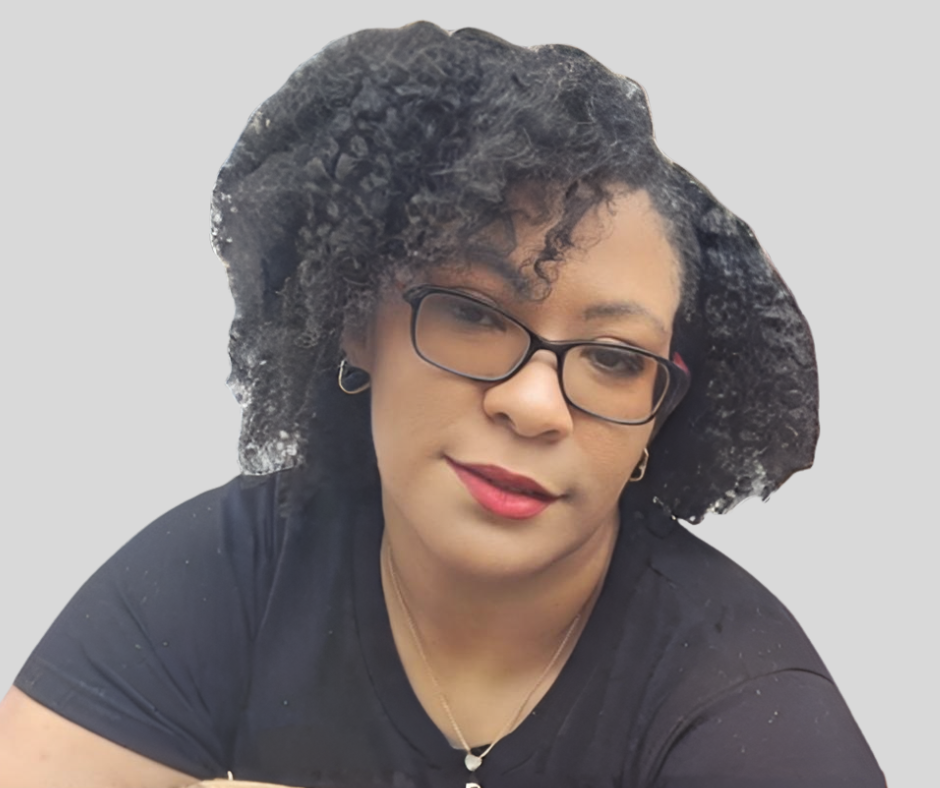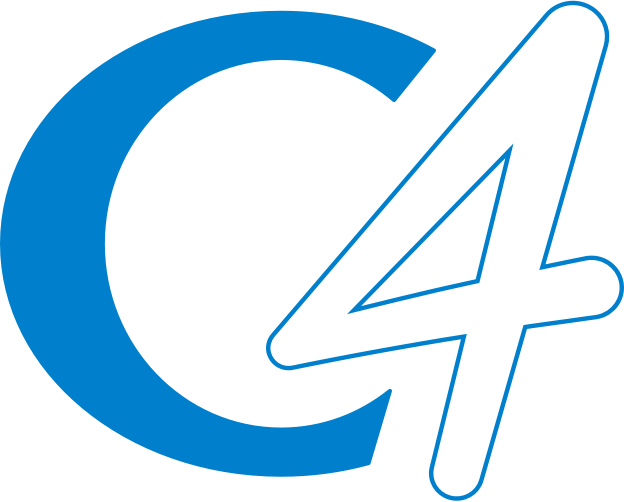Blog
Employee Spotlight: David Triche
We sat down with Community Based Clinician David Triche to discuss school-based work and the importance of therapy to ongoing mental health maintenance. Triche grew up in the Chicago suburbs and earned his undergraduate degree from Clark Atlanta University before returning to Illinois for graduate school. He enjoys watching The Real Housewives franchise and listening to Beyoncé. This interview has been edited for length and clarity.
C4: Start by telling us a bit about yourself.
David Triche: I’m from Frankfort, Illinois, in the south suburbs, about 30 miles south of Chicago. I went to undergrad in Atlanta, Georgia, at Clark Atlanta University, but then I came back home to go to grad school at the Family Institute at Northwestern University. I love working out, time with family, anything Real Housewives-related, and listening to music, especially my girl Beyoncé.
C4: And how long have you been at C4?
DT: I’ve been at C4 since January of 2023, so about 10 months now. While at C4, I’ve been part of the Community Based Clinician Team, and I’m typically a school-based clinician. Before C4, I was in private practice, and I felt it wasn’t in alignment with what I wanted to do and the community I wanted to serve, and that’s when I stumbled upon C4. I’ve been here ever since. As a little more background, the reason I got into psychology in the first place is that during my freshman year at Clark Atlanta University, my brother was murdered by gun violence in Atlanta. Seeing how the grief process was in my own community – I identify as Black, and I’m also gay – I knew there was a stigma with mental health already, but just seeing how people in my family were grieving and people in my community in general, I wanted to be at a point where I could see what’s going on the community in itself and intervene at some level. So, I wanted to major in psychology and become a therapist, and I did multiple internships, and that’s how I ended up in Chicago, because one of my mentors was a marriage and family therapist and had their own practice. When I was at private practice, I wasn’t seeing the kinds of populations I wanted to work with. And I wasn’t feeling like, “Okay, I know I’m on the right path, I’m doing what I’m passionate about,” so when I came to C4 and saw the mission statement and the communities served, where a lot of the people have some type of trauma, especially with the neighborhoods we served, I felt like that was more attuned to my calling and my passion and that I’d be really excited doing the work.
C4: And what made you decide on youth-facing services?
DT: I’ve always had an interest in working in the school system; working in schools and with younger kids is a great intervention point. If you ask them about themselves and how they’re feeling and expressing themselves, and they process some things, by the time they’re adults, it’ll be a little bit easier to figure out what’s going on if they have a little bit of knowledge of or language for how they’re feeling and how to communicate that. My mom is an educator, and I knew I didn’t want to go into teaching, but I wanted to work in schools in some form.
C4: What does your day-to-day look like in your role?
DT: Mondays through Thursdays, I’m in a school, so we’re usually there when it opens or until it closes, and we’re usually assigned five or six students based on the availability of the clinician and the students’ schedules. I’ll come to the office, grab some board games and activities I’d like to bring to sessions, and then I’ll go out to the school and spend my day there. After school, I may have a session or two within the community, and I’ll go to a client’s house, doing the same thing, bringing activities or toys they might like to play with during sessions. In the summertime, schools are out of session. We are school-based, and students are typically not able to receive services over the summer, so a lot of them may drop out during the summer, and that’s why we have our summer camp, to keep them engaged with someone that can keep in contact with them. This summer, I was in charge of Windy City Wanderers with another clinician, and we came up with different areas of the city and different things to bring them to.
C4: What’s an experience you had with a client that helped you grow as a clinician or changed your perspective?
DT: Over the summer, I had a client participate in the program, and it was nice to see their growth during that time period. When they had something going on, they would try to pull me to the side and say, “Can we have a moment after today’s excursion, I just want to go over some things,” and it was cool seeing how much they were able to grow in that short amount of time.
C4: What’s one thing you would want someone outside the sector to know about your work? Are there any misconceptions you’d like to clear up?
DT: I think a lot of people think that when you have to go in for therapy, there’s something wrong with you. They don’t know it can be a form of maintenance, a way to keep up with yourself. Just like you get your tires rotated every couple thousand miles or change your oil, we need to have the same processes with our minds and our bodies. It’s a way to upkeep our emotional and mental health, and make sure we’re feeling fine mentally, emotionally, physically, and spiritually. I think a misconception is that you only need to go to therapy if there’s something traumatic happening in your life, and not when everything is going well. But how can you keep that up? What tools can you use if something does go wrong? Therapy is good for everybody, and not just when things are going horribly wrong in your life. Sometimes you just need the space to process. Even if it’s just road rage, or anything, it’s nice to process and have someone to hear you who’s not biased or coming with any judgment. It’s nice to have that space.



